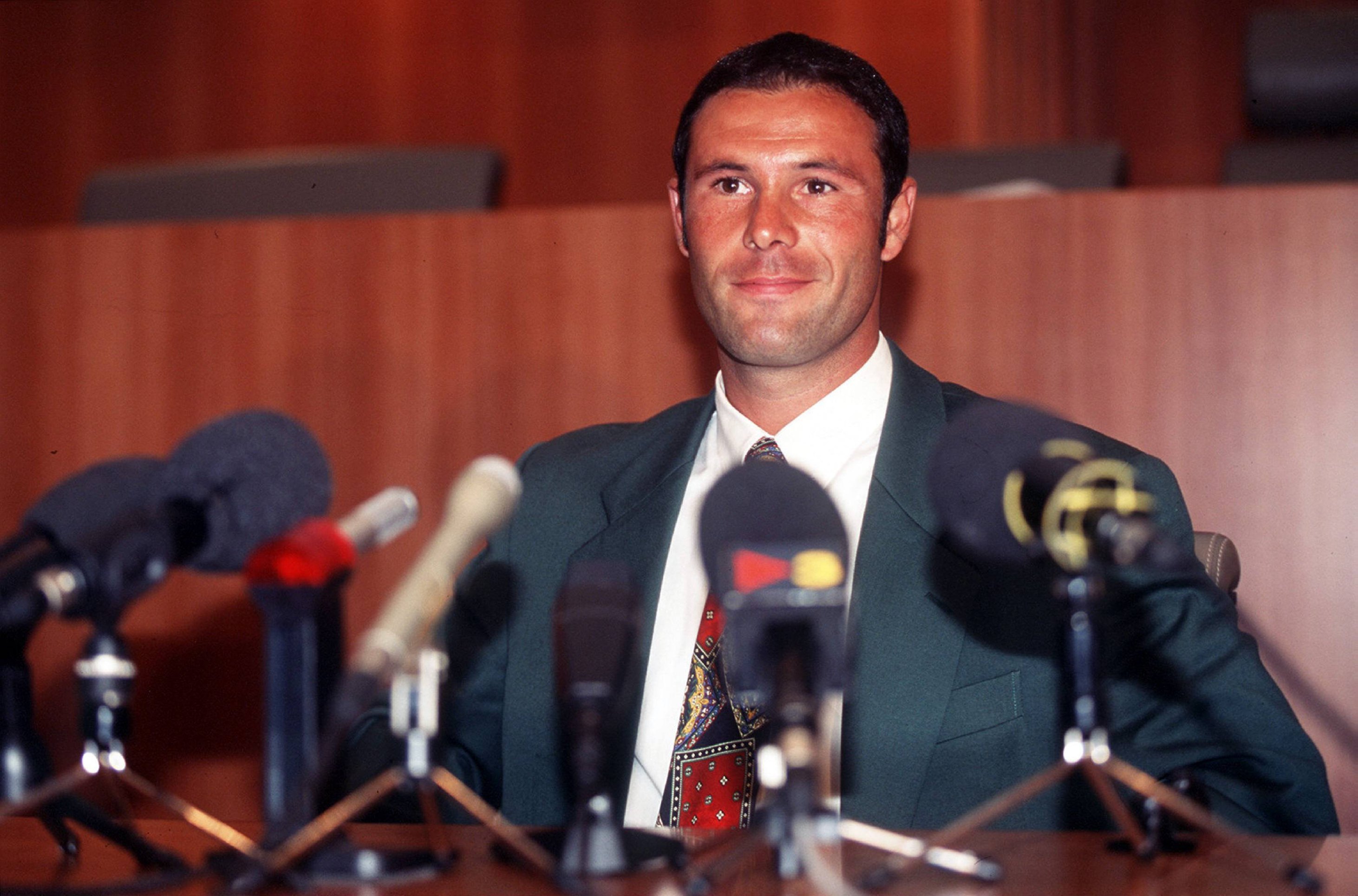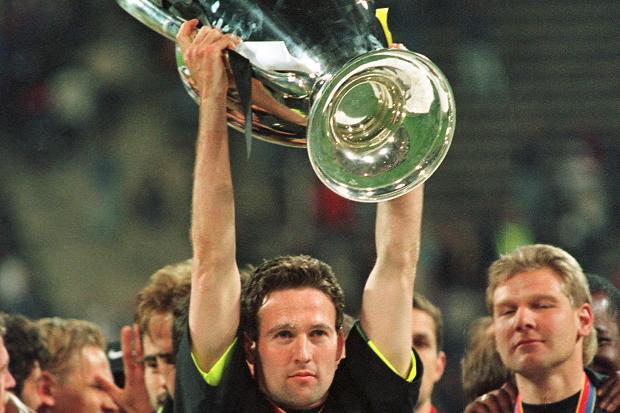
Twenty years ago on a cold December morning in a dusty court room a decision was made that would fundamentally changed football as we know it. On December 15th 1995 in the European Court of Justice in Luxembourg, the Bosman ruling came into effect. Named after former player Jean Marc Bosman who brought the case to the court following a contractual dispute with Belgian side R.F.C de Liege, the Bosman ruling abolished a restriction on the free movement of workers as it was a breach of Article 39 (now Article 45) of the EC treaty better known as the Treaty of the European Union. The courts ruling had a profound effect on football as it allowed EU national players to move freely to another club at the end of their contract without a transfer fee being paid. Prior to the ruling, clubs had more control over their players and made decisions on their futures with the players granted little room for movement or discussion.

The European Court of Justice where the ruling was handed down (Image from Tumblr)
This conflict led to several cases like Bosman’s who found himself in limbo with the club unwilling to let him leave but also unwilling to pay him. For Bosman it all began in 1990 when his contract with Belgian First Division side RFC Liege was expiring that summer. With limited playing time, Bosman wanted to move clubs in order to gain regular first team action and fortunately attracted the interest of French side Dunkerque. However despite Bosman’s contract expiring, Liege were unwilling to release him unless Dunkerque paid a transfer fee, something the french side were financially unable to do. Now in limbo and no longer a first team player, Bosman found himself in a confusing spot made worse when his wages were significantly reduced due to his contract expiring. After perusing legal options directly with the club that ultimately went nowhere, in October 1993 he took his case to the European Court of Justice and sued for restraint of trade citing FIFA’s rules regarding football most notably Article 17.

Bosman as a RFC Liege player (Image from Tumblr)
Despite taking over two years to go through the courts, eventually the ruling fell in favour of Bosman and the Bosman rule came into effect. This lead to changes within FIFA’s guidelines that allowed for freedom of movement after a contract expires and the ability for clubs to engage with players in signing talks six months before the end of their existing contract. The ruling handed players more control over their careers than ever before with several high profile players using it to their advantage since 1995. Edgar Davids became the first notable player to move under this new rule, switching from Ajax to AC Milan in 1996. Steve McManaman’s move from Liverpool to Real Madrid in 1999 highlighted the benefits of the ruling from the players prospective. As one of Liverpool’s prize assets at the time, the lack of transfer fee from Real Madrid was frustrating for the Anfield club but allowed the Spanish side to divert that cash into McManaman’s salary package instead. In recent years, Bayern Munich have also capitalized in a similar way when they signed Polish striker Robert Lewandowski from Borussia Dortmund after his contract expired.

Steve McManaman benefited financially from the ruling as Real could pay him more in salary due to lack of transfer fee (Image from Tumblr)
Whilst there have been some negative aspects to the ruling including smaller clubs losing out on lucrative much needed transfer fees when bigger teams poach their star players, in general the Bosman ruling can be deemed a success. It has set a more even playing field between the player and the clubs with the clubs looking to secure their best talent on longer deals or selling them off a year before their contract expires. It has encouraged more free movement of players across Europe than ever before with clubs benefiting from not having to pay a fee and therefore able to take a risk on players they may not have considered before the ruling (Paul Lambert’s move from Motherwell to Borussia Dortmund a great example of this and one that worked well for both parties).

Paul Lambert move to Borussia lead to a European Cup win for the player and club (Image from Tumblr)
It has also encouraged players to challenge and question “the norm” in regards to their careers with some taking heart in Bosman’s victory. Former Scotland defender Andy Webster was one such player to do so. Unhappy with his club at the time Hearts refusal to grant him permission to talk to Rangers, Webster became the first player to exploit the updated transfer regulations of FIFA which stipulated that any player could walk away from a contract after a fixed period by paying out their remaining contract. Whilst highly controversial at the time and it still splitting public opinion today, Websters move would not have happened if Bosman had not started the ball rolling some ten years before. The knock on effect of that ruling is still being felt in football today and is now spreading to other sports across the globe. As for Bosman, his life now is spent away from the football limelight preferring to focusing his efforts on raising his kids rather than fighting for justice. But his impact on the game will live on well beyond his years, his name forever grained in the FIFA rule book. Some players have thanked him in person for what he did but countless others haven’t. Maybe now at the 20th anniversary of the ruling that changed football for the good, those players who benefited from it will take a moment to remember the man who made it all possible, the former player who fought for their rights as players and won.
Share your thoughts now on Facebook:https://facebook.com/BackOfTheNetBlog or on Twitter:https://twitter.com/BOTNBlog